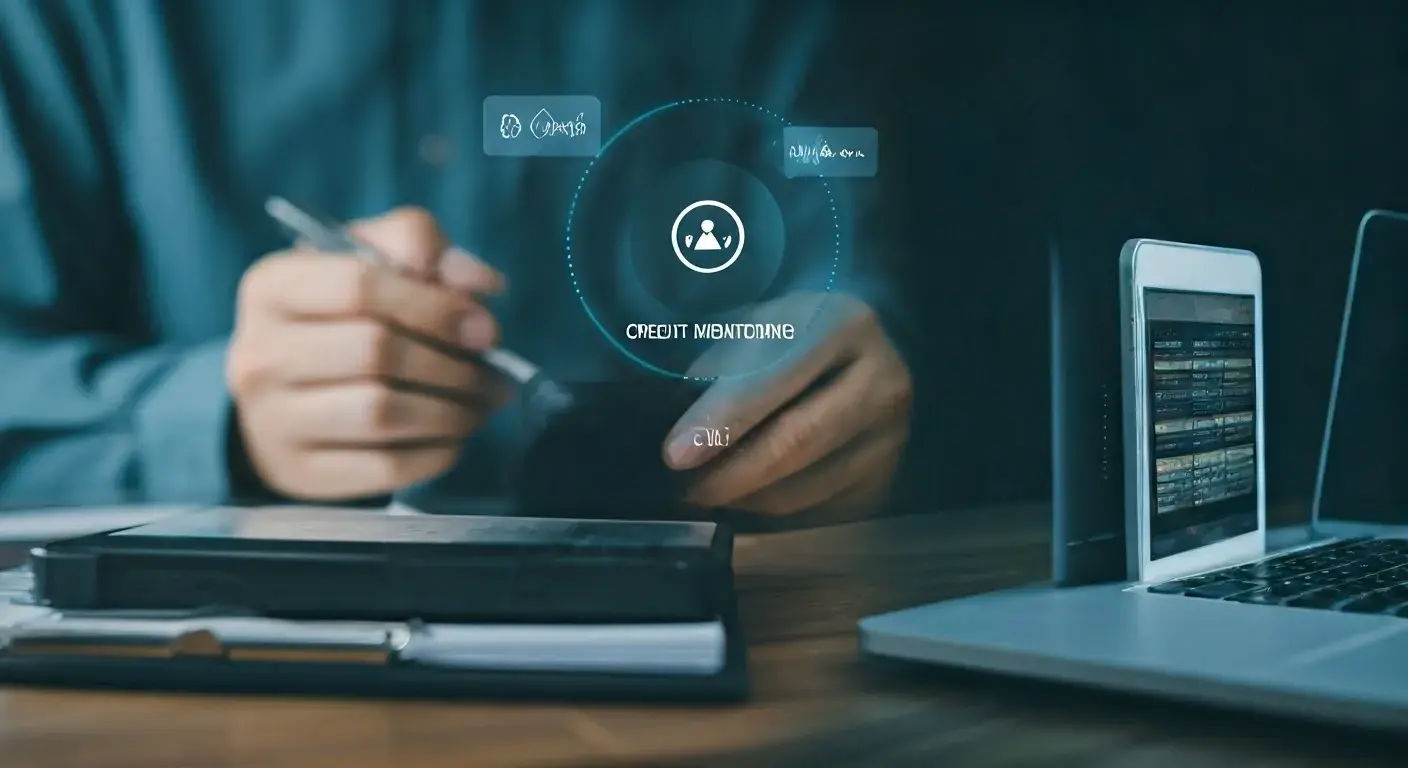-
Posted on: 23 Apr 2025

-
How to Get Your Free Equifax Credit Report – A Complete Guide
Your credit report plays a crucial role in your financial life. It affects your ability to get loans, credit cards, and even impacts rental applications and job opportunities. One of the three major credit bureaus, Equifax, provides free credit reports to consumers. In this guide, we’ll explain how to access your free Equifax credit report, what information it contains, and how to dispute errors if you find any.
Why Checking Your Equifax Credit Report is Important?
Your Equifax credit report contains detailed information about your credit history, including:
- Personal Information (name, address, Social Security number, employment history)
- Credit Accounts (credit cards, loans, mortgages)
- Payment History (on-time or late payments)
- Credit Inquiries (when lenders check your credit)
- Public Records (bankruptcies, tax lines, collections)
Errors on your credit report can lower your credit score, leading to higher interest rates or loan denials. By checking your report regularly, you can:
Detect identity theft – Unfamiliar accounts could mean fraud.
Spot errors – Incorrect late payments or accounts can hurt your score.
Improve credit health – Knowing your report helps you make better financial decisions.How to Get Your Free Equifax Credit Report?
By law, you’re entitled to a free credit report from each of the three major bureaus (Equifax, Experian, and TransUnion) once every 12 months through creditrepairease.com. Due to the COVID-19 pandemic, the bureaus now offer free weekly reports until the end of 2023.
Step-by-Step Guide to Request Your Free Equifax Report
- Visit creditrepairease.com – This is the only official site authorized by the Federal Trade Commission (FTC).
- Fill out the Request Form – Provide your name, birth date, Social Security number, and address.
- Select Equifax (or all three bureaus if you want reports from each).
- Verify Your Identity – You may need to answer security questions.
- Download or View Your Report – Save a copy for your records.
Understanding Your Equifax Credit Report
Once you receive your report, please review it carefully. Here’s what to look for:
Personal Information Section
- Check for misspellings, incorrect addresses, or wrong Social Security numbers.
- Ensure no unfamiliar names or aliases are listed.
Credit Accounts
- Verify that all accounts belong to you.
- Look for incorrect balances or account statuses (e.g., closed accounts marked as open).
Payment History
- Confirm that no late payments are wrongly reported.
- Dispute any inaccuracies with Equifax.
Credit Inquiries
- Hard inquiries (when lenders check your credit for approvals) should only appear if you applied for credit.
- Soft inquiries (pre-approvals or personal checks) don’t affect your score.
Public Records & Collections
- Check for bankruptcies, tax lines, or collections that shouldn’t be there.
How do you dispute errors on your Equifax report?
If you find mistakes, you can dispute them for free. Here’s how:
Online Dispute
- Go to Equifax’s Dispute Page.
- Create an account or log in.
- Select the error and submit supporting documents (bank statements, payment proofs).
- Equifax will investigate (usually within 30 days) and update your report.
Dispute by Mail
Send a letter with:
- Your details
- Description of the error
- Copies (not originals) of proof
Final Thoughts
Your Equifax credit report is a vital financial tool. By accessing it for free and reviewing it regularly, you can protect yourself from errors and fraud while maintaining a healthy credit profile. Don’t wait—check your report today and take control of your financial future!
Boost your credit score. Call us at (888) 803-7889 for free consultation and expert guidance!









